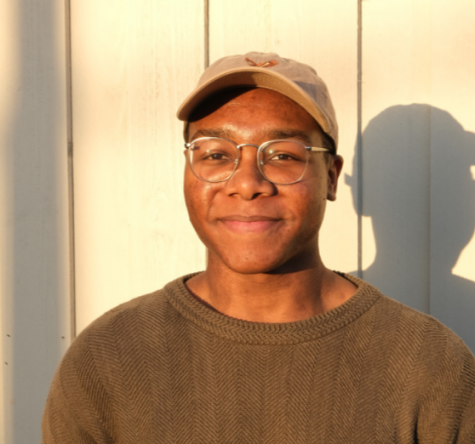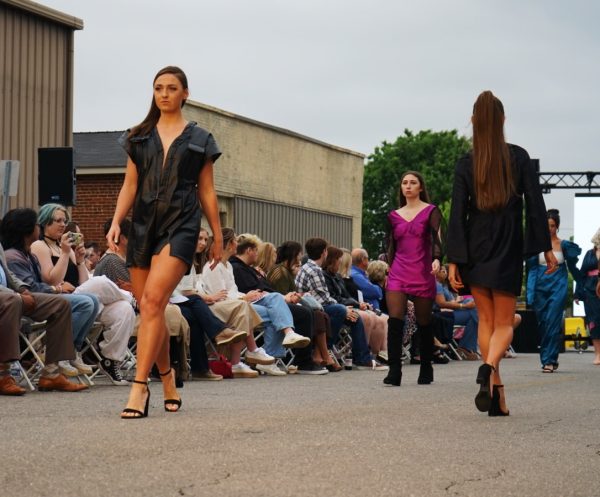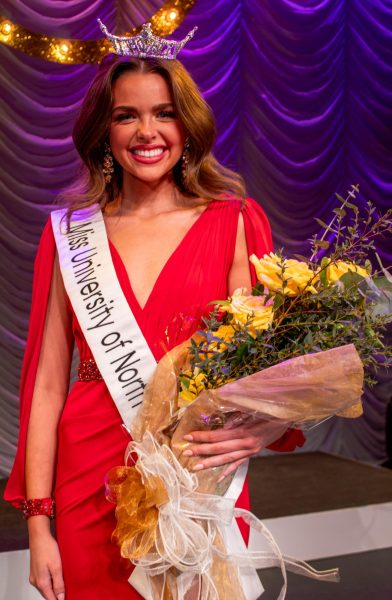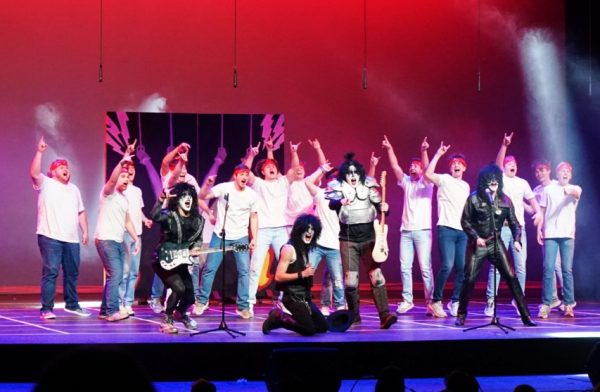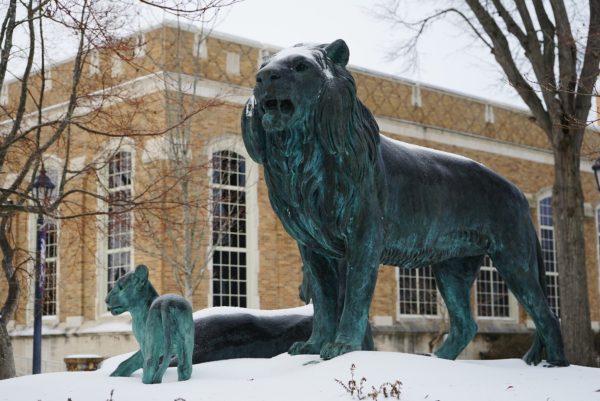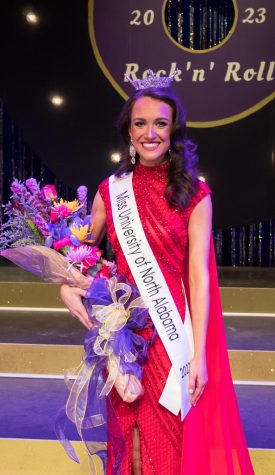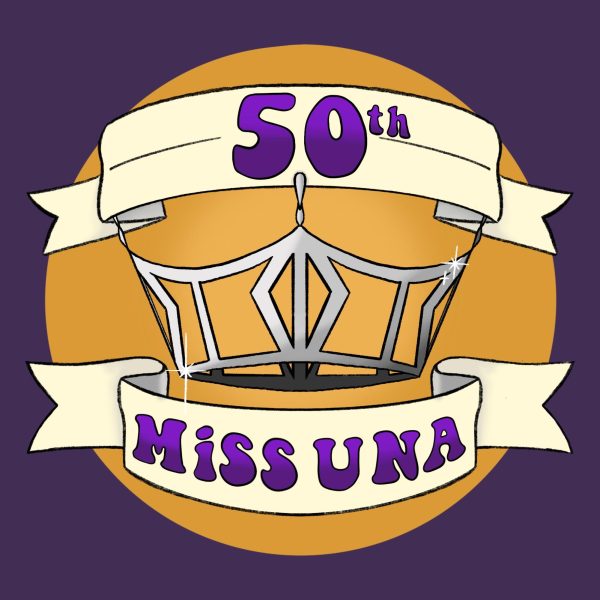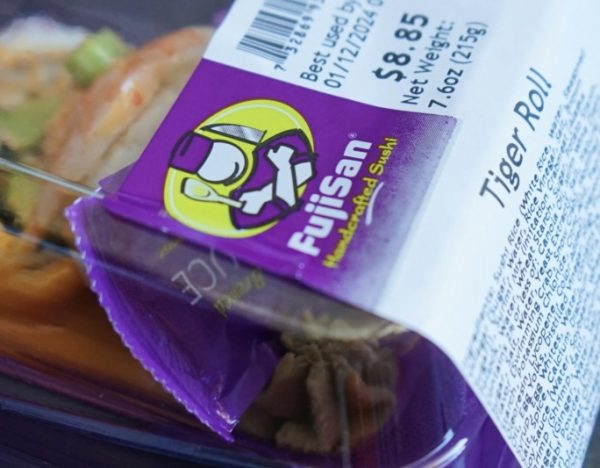Black In America
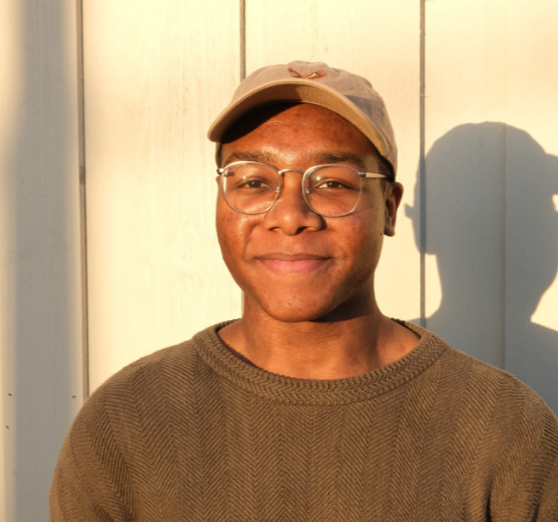
September 3, 2020
Keep your wallet in your front pocket.
Say your “Yes sir’s” and “No sir’s”.
Do not wear red.
Do not wear blue.
Keep your hands where they can see them.
Do not complain, wipe your tears and stand up straight.
Do not expect a fair trial.
Do not expect to be considered intelligent, expect to prove it.
Expect your white peers to put on a black vernacular while conversing.
Do not slouch.
Speak clearly or not at all.
Cut your locs.
Pull your pants up.
Forget about the oppression, stand for the flag.
Do not appear angry in public.
Ignore the store employee keeping an eye on you and keep your hands out of your pockets.
Do not look at a white woman.
Do not wear a hoodie.
Do not jog.
Do not breathe.
Do not exist.
The things listed here are some of the daily concerns that race through my head.
I have lived life perceived as a threat first and a human being second.
When will we stop being killed by those who swear to protect us?
It was earlier this summer when I went to my first protest. I was hanging around with one of my friends when another called and asked If I would finally like to be in public after my long quarantine hiatus. I was hesitant, of course, because I had not been in a crowd of people since March. I masked-up, toughened-up, and asked the friend that was present if he would like to accompany us. We left without telling my parents.
I got four texts and a phone call by the time we made it to the venue. It was my mother. She was scared for my safety and pleaded for me to stay safe and be alert.
In the protests that followed I would ask my friend that got me to start attending, a white woman, if she was ready to die. Before we hopped out of the car, a yes would ring out in the confines of my dusty Honda. To die for the cause would be a noble death, for we knew we were on the right side of history. With the truth of the matter in mind, that many have been killed for wanting change, we set out to get into what former civil rights activist and U.S. Representative John Lewis called “good trouble”.
The summer was eye-opening. I found out who my true friends were, and who was not. Quarantine, paired with the relentless presence of social injustice helped to weed out who was with me and who was against me. I was disappointingly surprised that some of those that had known me for the longest did not care that black people were being killed in the streets by the people who were supposed to protect them. I took their views and considered that maybe they did not understand what it was to be black in America.
A man who I’ve known practically since birth and I were standing outside of his house when he asked me several questions about what life is like for me. He knew it was different from how he did, he just did not know how. I gave him the list above and he said this: “I just don’t understand because I don’t have to think about these things constantly.”
In talking to plenty more people about what I go through daily, this seems to be a constant. I hope to educate them of their privilege and my struggles. I have come to be thankful that my longtime friend was even open to talking about my experience because, sadly, it could have been worse. A lot worse.


